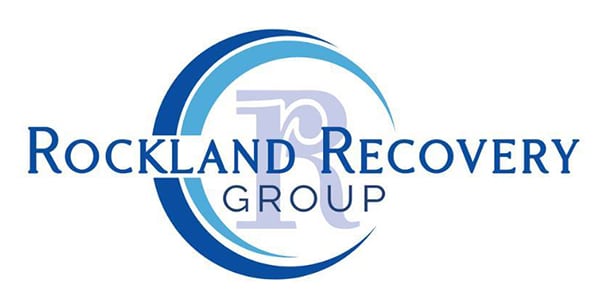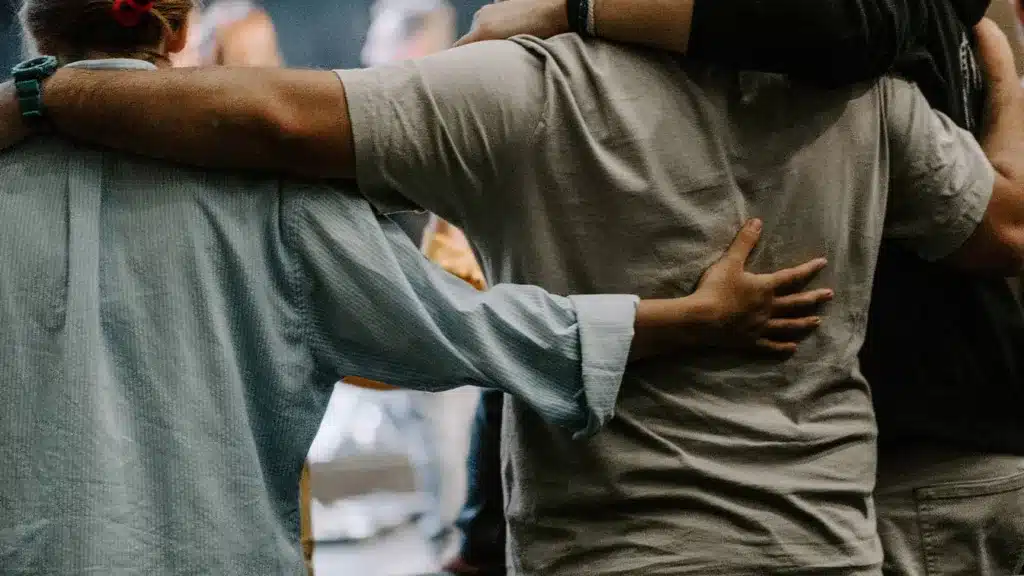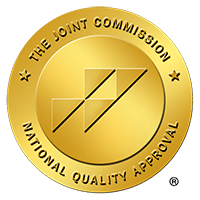Relapse is something that many individuals who have gone through addiction recovery struggle with. Relapse can happen at any point of the recovery journey, and it’s important not to see relapse as a failure but as an opportunity to get back on track. Overcoming addiction relapse is possible, and you can move forward stronger than before.
Recovery from Relapse
Nobody who has done the hard work of addiction recovery plans to relapse, but it still happens. As many as 40%-60% of individuals relapse either during addiction treatment or after. While coping with relapse in addiction recovery is challenging, it’s important to understand that addiction is a disease, and like any chronic disease, relapse can happen.
Getting back on track after relapse is a process that’s influenced by where the individual is in their recovery journey when relapse happens, their history with drug or alcohol use, and the severity of their relapse experience.
When relapse happens, it’s important to contact an addiction treatment center that is experienced in helping individuals through relapse but is also compassionate and dedicated to a holistic approach to relapse treatment.
If you have relapsed or feel that you’re on the verge, the Substance Abuse and Mental Health Services Administration (SAMHSA) offers an online provider directory and a 24-hour National Helping that you can call for help at 1-800-662-HELP (4357).
Understanding the Causes of Relapse
Understanding why it happens is the first step to learning from a relapse and growing stronger from it. Relapse happens for some reasons, and it can be different for each person. Relapse often happens in connection to stress, low self-esteem, mental health issues, and negative emotions, such as anger.
Sometimes, when relapse happens, it feels like a simple moment of weakness. For example, being in a social situation where drugs or alcohol are used and succumbing to peer pressure or the desire to fit in. For some, boredom can also be a relapse trigger.
Recovering From the Emotional Impact of Relapse
There’s an emotional impact when relapse happens, and it can be easy to be hard on yourself, feeling as though you’ve failed yourself and others. This can sometimes cascade into feelings of self-loathing or self-hatred. While relapse can feel like a hopeless situation, it’s important to remember that it’s a setback and a learning opportunity. Relapse is not the end of your sobriety.
- Forgive Yourself: Moving forward after relapse requires self-forgiveness. Try not to define yourself by failure, but instead forgive yourself so that you can move on to the next step.
- Admitting Responsibility: It’s important to not stay in a mental space where you blame your relapse on someone else. There may have been peer pressure or a stressful situation that triggered a relapse, but it’s each individual’s responsibility to learn to manage their triggers and temptations.
- Consider Holistic Treatment Options: Consider alternate treatments as a way forward. It could be that you’d benefit from meditation yoga therapy, art therapy, or cognitive behavioral therapy. This is also an important time to assess whether there’s a mental health component that co-exists with addiction and to receive treatment if needed.
Relapse Prevention Strategies for Moving Forward
An important part of moving forward and building resilience in recovery after relapse is developing the tools and skills to help prevent it from happening again in the future. Successfully completing addiction recovery doesn’t mean that temptation and triggers will never cross your path, but knowing how to respond will help you grow stronger in your journey.
Recognizing the Three Stages of Relapse
There are three main stages of relapse, with the actual act of physically using drugs or alcohol as the final stage. Knowing how to identify the first and second stages of relapse can potentially help you manage the urge before relapse actually happens.
Stage One: Emotional Relapse
There is an emotional response that indicates you aren’t on the same positive trajectory you once were. You may feel more withdrawn, experience mood changes, and not take steps to take care of yourself, like eating well, self-care, or attending recovery meetings.
During this phase, you might isolate yourself and lose interest in hobbies or activities that once brought joy. Recognize these signs early and seek emotional support or counseling to prevent further decline.
Stage Two: Mental Relapse
In this stage, there’s a mental back and forth about using drugs or alcohol. You may begin reminiscing and romanticizing substance use and putting yourself in situations where relapse is more likely.
The internal conflict can become overwhelming as you rationalize one “last” use. Reach out to support networks, therapists, or recovery groups to share these thoughts openly, which helps reaffirm your commitment to sobriety.
Stage Three: Physical Relapse
This is the actual act of using drugs or alcohol that leads to spiraling away from recovery. When this stage occurs, seek immediate intervention. Contact a healthcare provider, reconnect with a recovery community, or check into a treatment facility to lessen the effects of the relapse and guide you back to recovery. Recognizing the early emotional or mental stages allows you to prevent reaching this point.
Role of Family in Recovery Post-Relapse
Individuals who have a strong family support system have a reduced tendency for relapse. Not everyone has a supportive family situation or has family members and loved ones who aren’t sure how to offer support to prevent relapse.
Family programs can help educate family members about the disease, teach how to offer support while respecting their own boundaries and heal from their own addiction-related traumas.
Support Systems for Addiction Relapse
Support systems are invaluable for helping to prevent relapse. For some, this comes from family and supportive friends. For others, this support system might come from an addiction recovery mentor or group of peers who are also navigating their own addiction recovery journey.
The Importance of Aftercare in Preventing Relapse
For those who have completed addiction treatment, aftercare planning is important for learning about managing triggers after a relapse and moving forward with new skills and resilience. An aftercare plan outlines what comes next after addiction treatment. It may include continual therapies, life skill building, or sober living transitional residential programs.
Renewing Commitment to Recovery
When relapse happens, it’s important to acknowledge that temptation will always exist, as well as the opportunity to fall back into previous addiction behaviors and mindsets. Now is the ideal time to renew one’s commitment to recovery and take steps to receive treatment to help them do just that.
Seeking Professional Help After a Relapse In Massachusetts
One of the most important steps to regain sobriety after a relapse is to seek the addiction treatment you need. For some, this might involve detox and inpatient treatment. For others, outpatient treatment options, such as partial hospitalization programs or intensive outpatient treatments, are ideal for recovering from a relapse and moving forward.
Whenever you need treatment after a relapse, Rockland Recovery can help. Call us at 888-299-4833 and speak to one of our care coordinators today. Relapse shouldn’t define your path forward.






